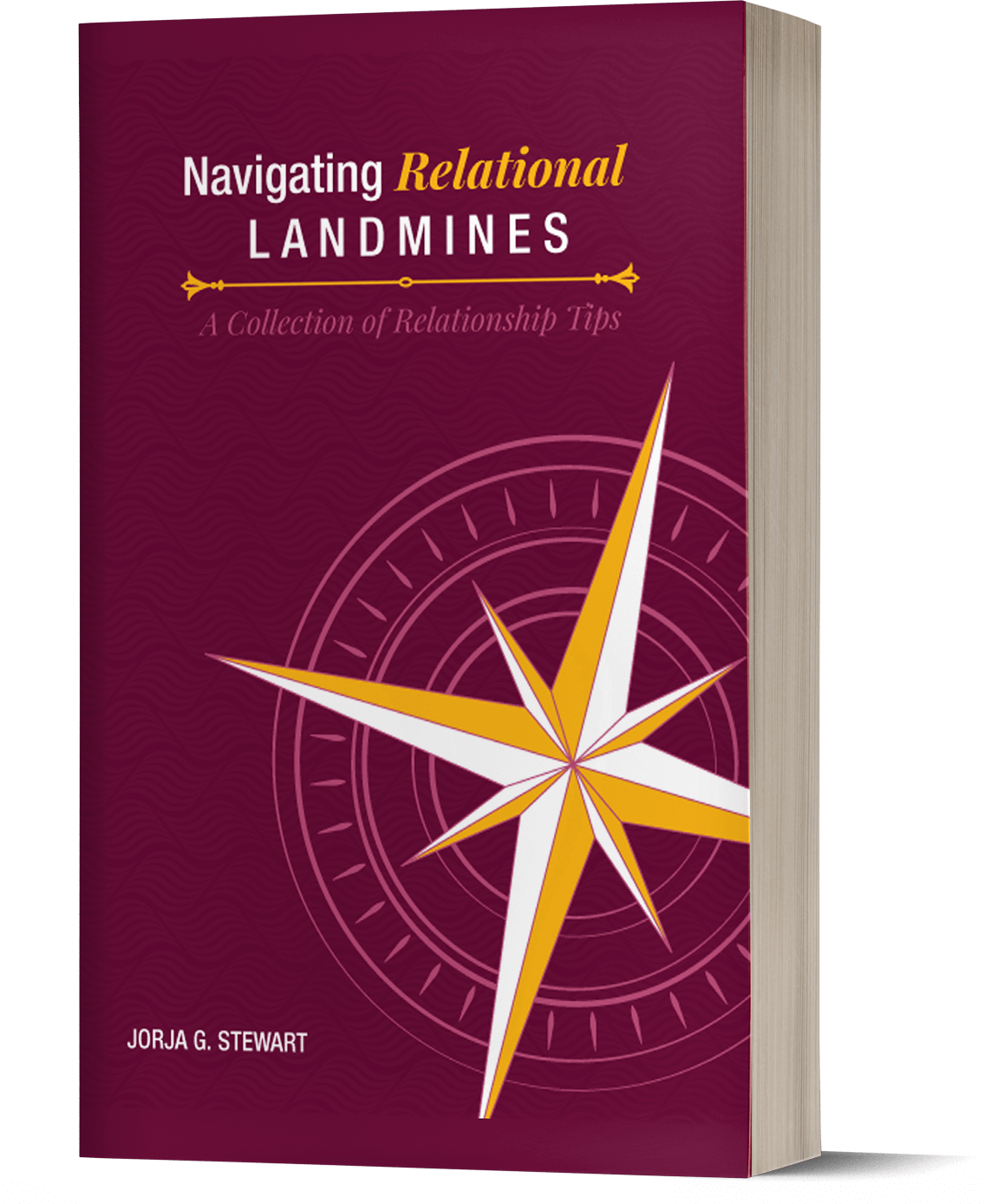It is good to ask what people mean when something is unclear, instead of guessing or assuming we know. In Leviticus 11:17-20, Moses was upset with his brother Aaron, thinking he had sinned, but he was wise enough to go directly to Aaron and ask why he had acted that way. When he heard Aaron’s righteous motive, Moses was satisfied.
There have been many instances where I have wondered why Tom did something. I’m learning to ask, and I’m discovering that his reasons are often very different than what I thought. We shouldn’t assume our spouse thinks like we do. When they offend us, we should try to find out what caused them to react the way they did. Let’s say, for example, that our spouse says: “We need to stop going there.” We shouldn’t assume they’re trying to take control. Instead, we might ask: “Why do you feel that way?” or “Why do you think so?” Many times, when we say things that sound controlling, there’s an underlying fear or concern that caused us to make that comment. What we’re really saying is: “That situation is upsetting to me and I don’t want to go there, anymore.” If we can draw out our spouse’s feelings and discover what caused them to make that comment, we’ll be in a better position to help them. I know I appreciate it when Tom asks me what my reasons were for my response. Often his interpretation of my behavior is very different than what I was intending or thinking.
The same thing applies if our spouse does not seem receptive to an idea we’re presenting. Instead of getting upset that they don’t seem thrilled with our idea, we should try to find out why they aren’t thrilled about it.
If our spouse offends us by offering to help in a way that doesn’t feel respectful to us, we should give them the benefit of the doubt and assume that their intentions were to be helpful and thank them for their concern. Then we can lovingly suggest a better way to help us.
In summary, we should clarify, ask questions, and offer loving suggestions. We can’t work on resolving issues until we have a clear understanding of the other person’s perspective and intentions.
For discussion questions go to Categories and then Resources.


0 Comments